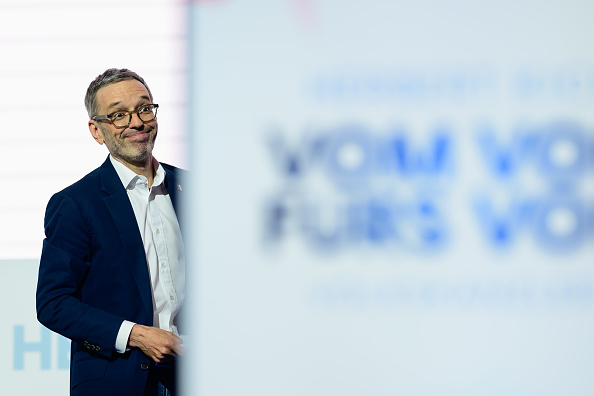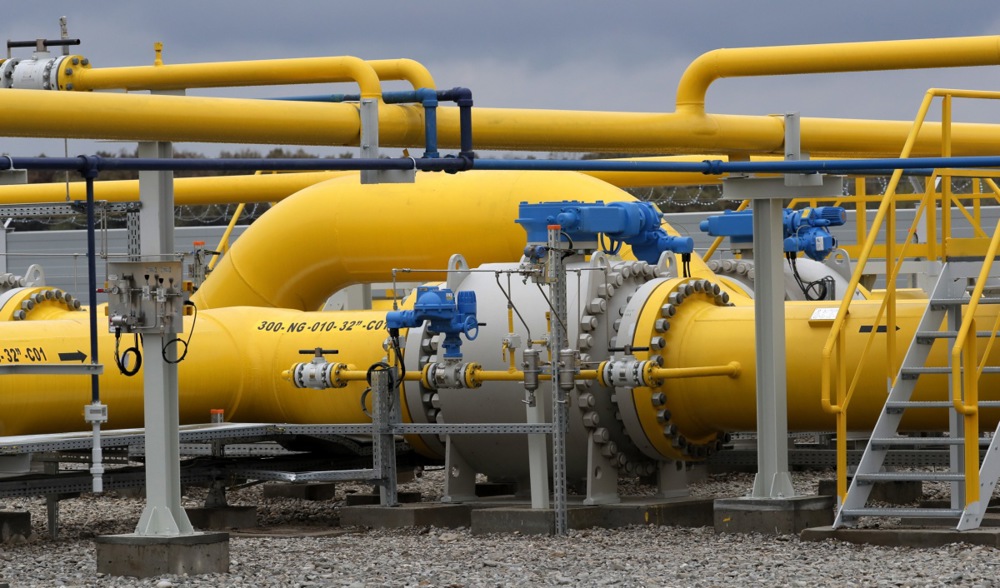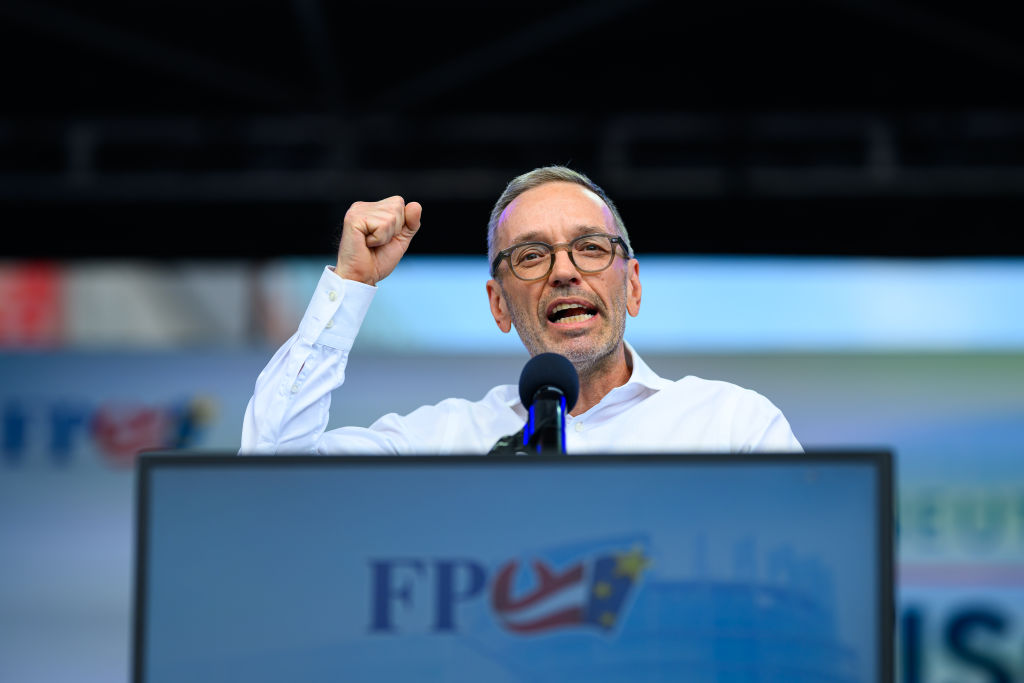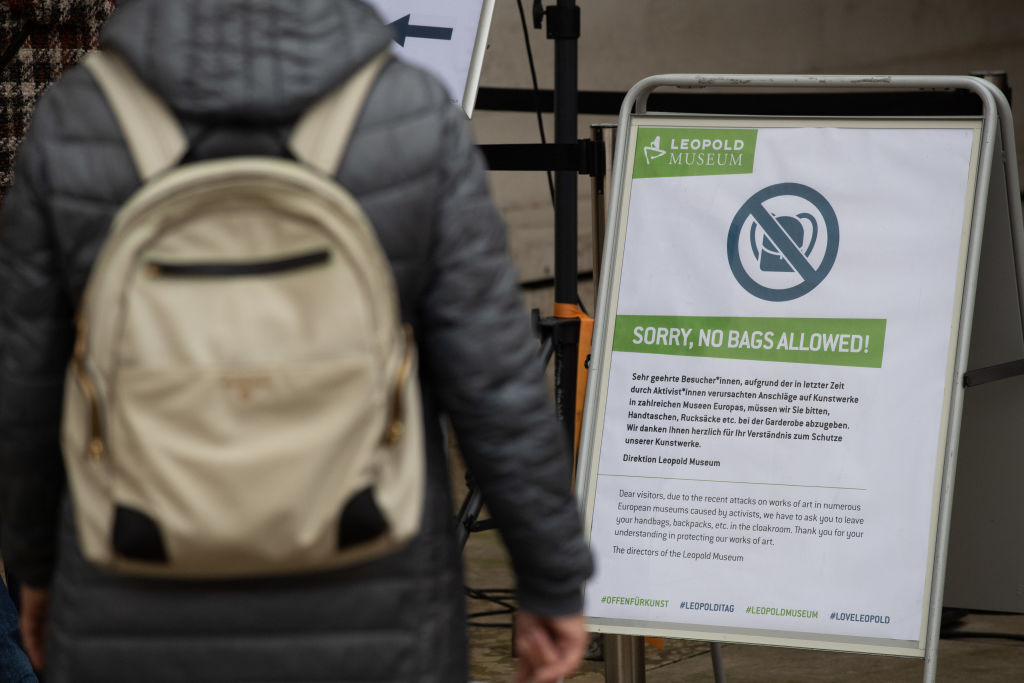When Austria holds its next general elections on September 29, the governing Conservatives (ÖVP) and Greens will join forces on energy issues, aiming to end a dependence on Russian gas the opposition Freedom Party (FPÖ) has largely defended.
Pressure to end Austria’s energy dependence on Russia is not only coming from at home but also from Brussels.
With no party expected to secure enough seats for an outright majority, opinion polls show the opposition FPÖ with a narrow advantage over its rivals.
Polls place the FPÖ’s support at around 27-29 per cent, a lead over the ÖVP of only one point.
Three other parties are also projected to secure 10 per cent or more of the vote. These other parties have rejected forming a coalition alongside FPÖ leader Herbert Kickl, which may pave the way for an alternative coalition more determined to distance Austria from Russia.
As things stand, it seems likely a post-election coalition will include Chancellor Karl Nehammer’s ÖVP.
In July, Austria was still sourcing 83 per cent of its imported gas from Russia, while the EU as a whole only imported 15 per cent of it from Russia.
Austria was one of the EU countries that relied most heavily on Russian gas. Over the past two years, its inflation has also surpassed the EU average, despite its shrinking economy.
Austria’s downturn was largely due to the economic slowdown of its main trading partner, Germany, which has grappled in turn both with the energy transition and competition from China.
Austria’s hard-right Freedom Party (FPÖ) has extended its polling lead ahead of the September 29 vote though a power-sharing deal with the country’s Conservatives looks unlikely. https://t.co/36OakGUMSJ
— Brussels Signal (@brusselssignal) September 10, 2024
With an economy in recession, easy access to Russian gas has done little to ease Austria’s economic strain.
The FPÖ insists Russian gas should remain part of Austria’s energy mix. Its lead in polls, however, is shrinking.
For now, the Minister of Energy and Climate, Leonore Gewessler, has laid out a plan for Austria to achieve long-term energy independence, by importing gas via pipelines from Germany and Italy.
“The high dependence on Russian gas supplies is a major economic and security risk for Austria,” the energy ministry said in a statement. “It is therefore essential for our country’s security to further reduce gas consumption and stop buying Russian gas.”
Vienna’s main power provider, Wien Energie, said it plans to phase out Russian gas by 2025.
However, the risk of an energy shortage in Austria has increased since Ukraine indicated it would not renew its transit deal with Gazprom, which expires at the end of 2024. Under this deal, Ukraine has transported Russian gas to Austria.
According to official data, Austria’s energy mix is dominated by hydropower (59.41 per cent), followed by wind (12.06 per cent), gas (10.64 per cent), solar (7.73 per cent), bioenergy (5.35 per cent), other fossil fuels (4.73 per cent), and coal (0.09 per cent).





